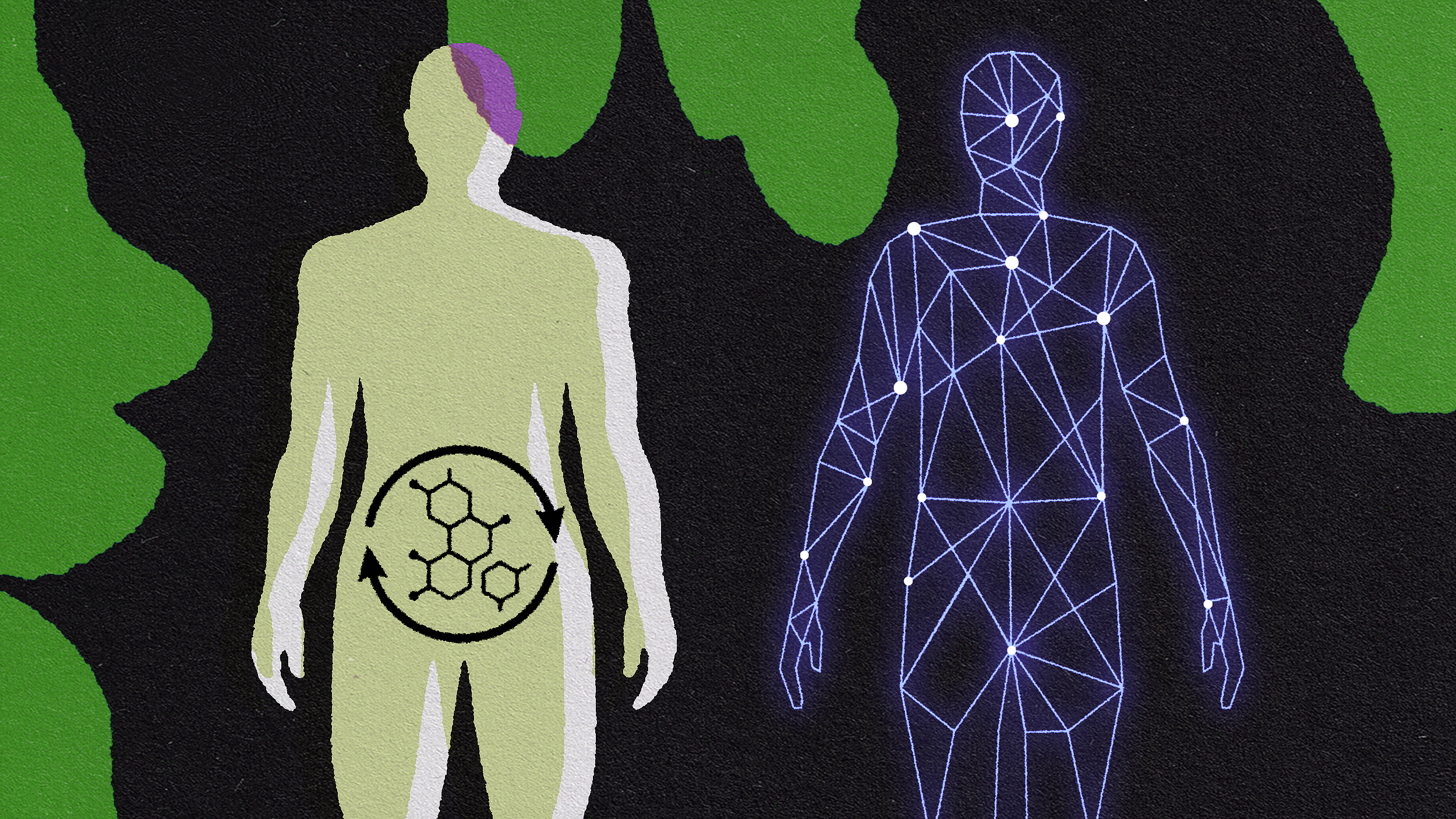No brains in vats

“I think, therefore I am.”
These are perhaps the most famous of all philosophical statements, written in 1637 by René Descartes. They are the philosophical equivalent of E=mc², a formula everyone knows about (without really understanding about what it means).
We could spend a lot of electrons (or ink) unpacking what Descartes really meant when he wrote those words. But what matters more, at least for today, is how modern culture thinks it understands those words and what use they have been put to. Even better, we might spend a few moments thinking about alternatives to this statement of thinking and being.
The usual interpretation of “I think, therefore I am” places an emphasis on the “thinking.” Our internal rational discourse is most important in locating the center of existence. Our thought, meaning the interior dialogue, defines us not only as being in the world, but also as human beings in the world.
In modern western scientific/technological culture, Descartes’ famous statement appears to make a link between thinking as an expression of an inborn rationality and the very essence of our existence. Such thinking is also a terrible, terrible mistake.
We live in an era dominated by what it sometimes called “the computational model of mind.” In essence, this philosophy of mind says that you are nothing more than a computer made of meat. Your experience of the world can be reduced down to the symbolic processing, by your neurons, of inputs provided by sense organs. The meat computer in your head then algorithmically turns these inputs into outputs, which are your experiences of the world.
This “nothing more” theory of mind finds its most complete expression among the transhumanists who eagerly await the day when they’ll download their consciousness into computers and live forever. They will have fulfilled an old dream—seemingly embodied by Descartes’ famous statement—of becoming immortal silicon “brains in a vat.”
This view of the mind, however, leaves me cold—literally. Because more than anything else, the computational model of consciousness lacks the very thing it seeks to explain—the vivid “luminosity” of the experiencing self. There is no experience of sweltering heat or bitter cold in the model, only readouts concerning molecular kinetic energy (the physics definition of temperature).
Embodiment matters
That’s why, over the last few years, I’ve become a big fan of a different way of thinking about the mind in the world—thinking that’s represented in a single word: embodiment.
You can trace the idea back a bit, but its modern expression came with biologist Francisco Varela, one of those rare thinkers whose ideas crossed disciplinary boundaries with the same ease as we cross from room to room. For Varela, mind could not be separated from life, which also meant it could not be separated from the world. There was, for Varela, no clean separation between our neural systems and the body it inhabited.
Going further, the world from which that body arose must also be accounted for in any true description of the mind. In this way Varela, along with others, proposed seeing life and mind as an autopoietic process. For a system like life to be autopoietic, it exists through a boot-strapping process in which self, sense, and meaning arise together. Autopoietic systems create and maintain themselves through an ongoing exchange with their environments.
Perhaps the most important feature of an autopoietic system is that both self and the world it inhabits arise together. One must be thoughtful here in making this statement. Clearly something exists before the autopoietic process begins, but without the boundary (like a cell wall) needed for separation, perhaps the best one can say is that all is flux. The essence of autopoiesis is to manifest that boundary such that “the world” and “the self” are separated.
Thus, all life and all minds are autopoietic systems and all autopoietic systems are embodied. It makes no sense to talk about their “being” without also talking about them as bodies with environments. This is what the usual interpretation of “I think, therefore I am” misses—though it seems like Descartes himself understood it.
There can be no brains in vats because our minds don’t just exist in our brains. The mind requires body, and body requires environment. In other words, mind exists in the world too. We are not simply “skull-bound” as Amy Cohen Varela puts it. We are not simply meat computers.
So, it’s time to rework the centuries-old chestnut. I don’t exist because I think. I think because I am embodied in and through the world.
The post No Brains in Vats appeared first on ORBITER.





